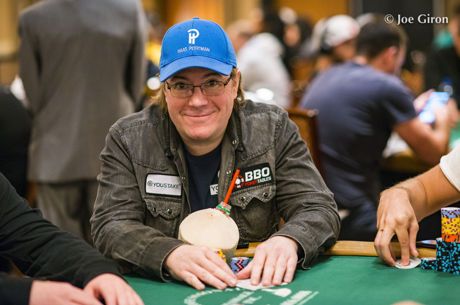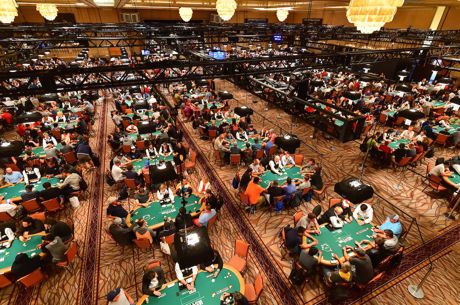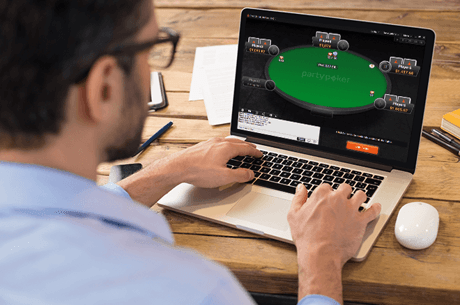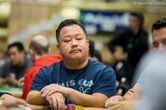Joe Cada on How to Play the "Post"-liminary Events at the WSOP
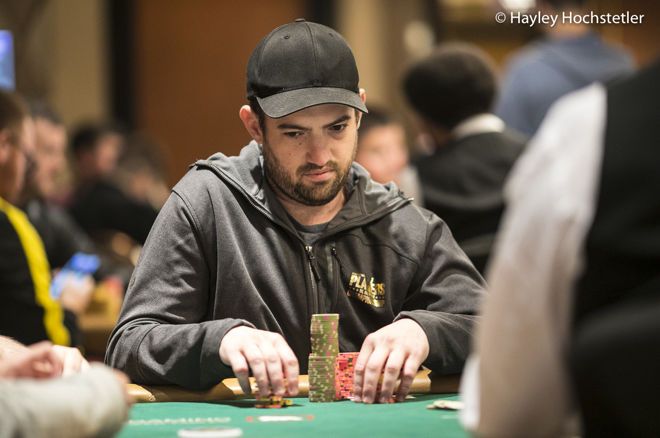
As the 2019 World Series of Poker Main Event began late last week, another tournament �� Event #70: $5,000 Six-Handed No-Limit Hold'em �� was concluding. Making it to heads-up were 2009 WSOP Main Event winner Joe Cada and Portuguese poker pro Joao Vieira, and after 10 hands between the pair Vieira came away with his first career bracelet while denying Cada his fifth.
It's not unusual to see Cada finishing a WSOP in strong fashion. Just last year he followed up his incredible run back to the WSOP Main Event final table and fifth-place finish with a victory in one of the "post"-liminary events (his second win of the summer), a $1,500 no-limit hold'em event appropriately nicknamed "The Closer."
With many more "post-"lims being played this week, I thought I'd talk to Cada to get advice from him about how to approach these specific events. You may find his observations and advice interesting.
PokerNews: Congratulations on another great run in the $5,000 six-max.
Joe Cada: Thanks, Bernard. I appreciate it. I feel like I played well and even though I finished second, I'm happy the way it turned out as I was pretty short at the final table.
Last summer, you followed up your incredible fifth-place finish in the Main Event with a victory in The Closer, one of the "post"-liminary events. Do you feel that there is a difference in play during these "post-"lims?
Absolutely. These events are often played differently by players than the regular preliminary events. You could tell that people who had been in Las Vegas for the entire summer were just ready to leave the WSOP. Everyone was ready to get their chips into the pot and they were basically done playing the WSOP. They were kind of defeated and ultimately just giving their chips away. Most of the players were ready to fly home and were not playing their "A" game.
Based on this difference in play, what advice would you give players who decide to register for these "post"-liminary bracelet events?
I would definitely recommend playing tighter than usual, because these players are ready to just give their chips away. I found that they were never going to fold, so you were never going to bluff them off of their hand. Many people were playing recklessly, so you really wanted to just sit back, play pretty tight and just pick them off.
This is great insight. Any other thoughts on how to play in these events versus these "defeated"-seeming players?
Everyone was trying to make hero calls or just call off their chips. Therefore, I would also recommended putting in bigger value bets against these types of players to build the pot when you have a hand. Since they are never folding anyway, they will often just call a bigger bet, especially if you have previously built up the pot.
Do you think there are any other reasons why these players are playing so fast?
At the end of the summer, inevitably so many players at the WSOP are in such high make-up situations with backers, so a min-cash isn't going to do much for them. Since they are in the hole, these players are trying for a big score.
That is why lots of them are also playing to win these massive pots. They are just not going to make the big folds on the river because they are trying to accumulate chips to have a chance at a deep run and a big payday. Overall, many of these players are playing for the overall win and not playing fundamental tournament poker strategy.
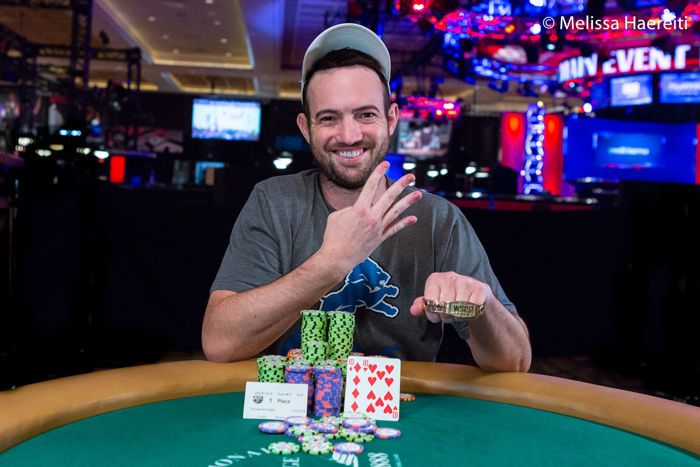
So basically, players should often play A-B-C poker and wait for their opportunity to pounce on one of these players to make a huge mistake?
Pretty much. This is basically what I did last year during The Closer.
But one thing I have noticed that players have done over the last couple of years in all WSOP events is that they are trying to be too creative. Players are trying to play fancy and it sometimes gets them into a lot of trouble. I'm not sure if they want a story to tell their friends or they want to bad beat someone. This strategy isn't going to work in the long term.
Overall, I would tell everyone to not overthink the game. Don't force something that isn't there. Sometimes folding is the correct play and you may even have to fold for a while.
Great advice, Joe. Good luck during the rest of the WSOP, including in the "post"-liminaries.
Thanks, Bernard.

